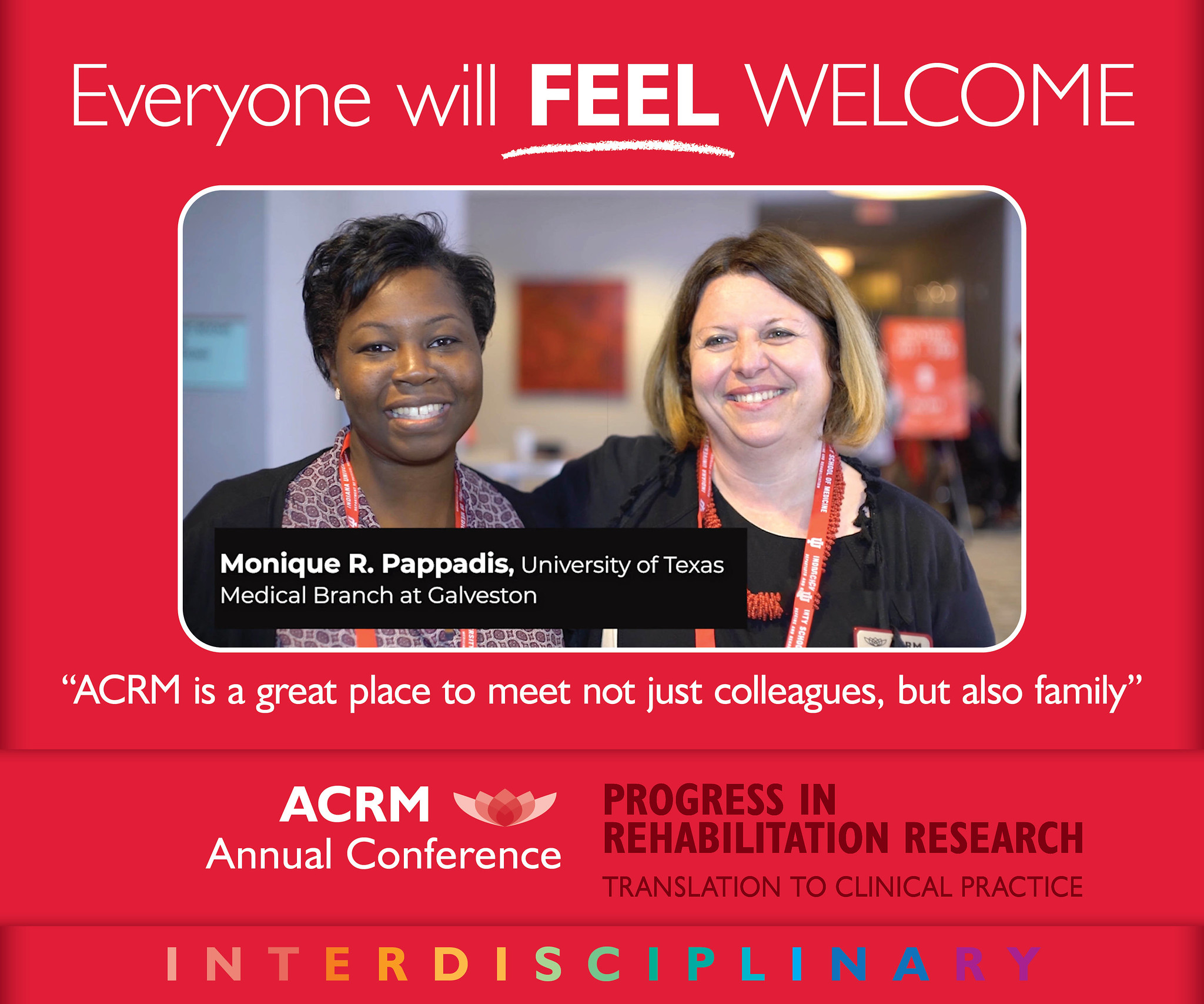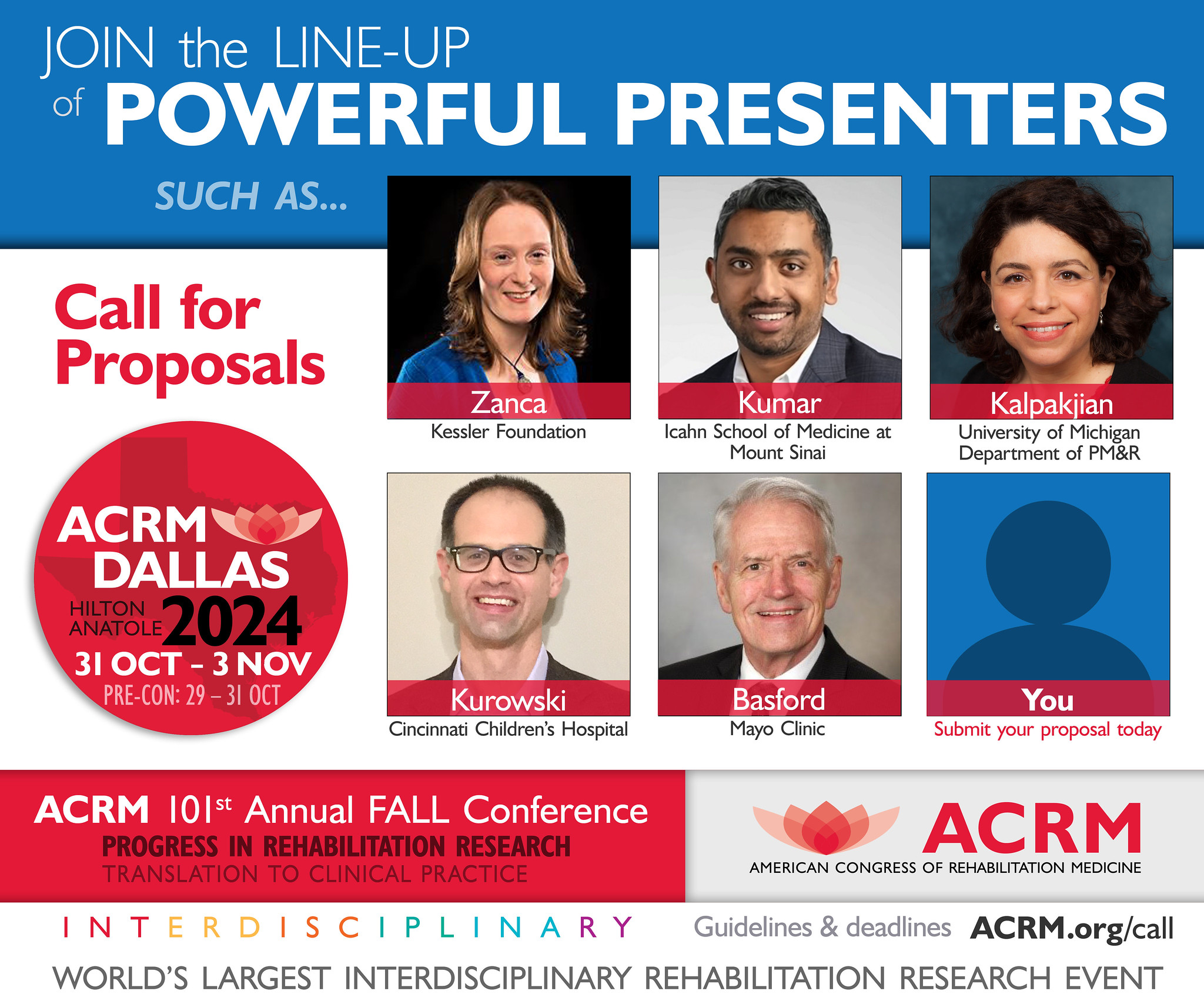Enhancing the Transition from Hospital to Home for Patients with Traumatic Brain Injury and Families

Tolu Oyesanya, PhD, RN
Patients with moderate-to-severe traumatic brain injury (TBI) aged 18-64 are often discharged from acute hospital care without inpatient rehabilitation despite having significant cognitive, behavioral, emotional and physical impairments. Coupled with their complex medical needs, fragmented care, and non-existent transitional care guidelines, patients with TBI are at a high risk for readmission and adverse outcomes. Transitional care management has been shown to improve outcomes in other acute populations, such as stroke and myocardial infarction; however, it is unclear if similar results will occur for patients with TBI as limited TBI transitional care interventions exist. Current transitional care models are not effective with improving patient quality of life and fail to incorporate the needs of families. Dr. Tolu Oyesanya, PhD, RN an early-career Assistant Professor at Duke University School of Nursing in Durham, North Carolina is committed to improving the transition from acute hospital care to home for patients with TBI and their family caregivers.
Dr. Oyesanya is a recent recipient of the National Center for Medical Rehabilitation Research (NCMRR) Early Career Research R03 Award, where she will aim to enhance the transition from acute hospital care to home for patients with TBI aged 18-64 and their families. The NCMRR R03 award will provide Dr. Oyesanya with clinical research support for two years as she begins to establish her independent research career in rehabilitation. Her study aim is to first develop and refine a patient- and family-centered TBI transitional care intervention to support patients with moderate-to-severe TBI and their family caregivers during the transition home from acute hospital care. She hopes that the intervention will be successful in improving patients’ quality of life and functional status, reducing strain for their family caregivers, and providing appropriate referrals for patient- and family-directed resources and care to address their needs and goals. Her second aim is to pilot test the transitional care intervention to examine the feasibility and acceptability of implementation, as well as assess its preliminary efficacy. Her primary goal is to improve the patients’ quality of life by 12 weeks following acute hospital discharge. She will also explore family caregiver strain and preparedness for the caregiving role, and patient and family caregiver self-efficacy and healthcare utilization.
Dr. Oyesanya thanks her research team and mentors for their guidance and dedication to this project, in particular, transitional care expert, Dr. Janet Prvu Bettger. Dr. Oyesanya is also grateful to the patients with TBI, family caregivers, and providers who have participated in recent focus groups to determine the acceptability of the proposed intervention. Focus group participants have emphasized the need for this transitional care intervention, as several patients and families stated they wished a program of this nature was available when they were returning home from the hospital. Dr. Oyesanya and her research team look forward to pilot testing the intervention in early 2021. Upon successful completion of the R03 award, she will be well-positioned to design and conduct an NIH R01 implementation-effectiveness clinical trial of the TBI transitional care intervention. We are hopeful that her work will ultimately enhance the standard of care for patients with TBI discharged home from acute hospital care, as well as make a positive impact on their families.
Let us wish Dr. Oyesanya continued success! We are thankful for her contributions to brain injury rehabilitation so early in her career!
Chronic Care management of Geriatric Traumatic Brain Injury

Monique R. Pappadis, MEd, PhD
Older adults (>65 years) have the highest incidence of traumatic brain injury (TBI) relative to infants aged 0-4 years and adolescents/young adults aged 15-24. Growing numbers of older persons are living with TBI, due to the increasing aging population and to medical advances that improve survival after TBI. Falls are the most frequent cause of TBI in older persons, followed by motor vehicle accidents. Risk factors for falls in older adults include older age; being female; cognitive, visual or physical impairments; taking certain medications; and improper footwear. Pre-existing medical conditions along with the post-injury cognitive, physical, and psychological consequences present a healthcare challenge for older adults with TBI. A need exists for an acute-to-chronic disease model of TBI to optimize the chronic care management of older adults with TBI. Evaluating the clinical care trajectories following injury and identifying disparities in care among older patients with TBI have not been investigated.
Dr. Monique R. Pappadis, MEd, PhD plans to address this problem. She was recently awarded a K01 from the National Institute on Aging for her 5-year project, “Chronic Care Management of Geriatric Traumatic Brain Injury.” The goal of the project is to generate data on the patterns and continuity of care to identify disparities in care and inform initiatives to improve quality of care of older adults with TBI following hospital discharge. Using inpatient, post-acute, outpatient Medicare claims, and assessment data, she will explore longitudinally the patterns of care in older adults with TBI after acute discharge. She will specifically explore primary care, specialty care, rehabilitation (physical, occupational, and speech therapy), and behavioral health services. She will also qualitatively explore the facilitators and barriers to care, asking stakeholders (older adults with TBI, caregivers, and healthcare personnel) for their recommendations to improve care following acute discharge. Continuity of care (CoC), care over time by a healthcare provider, is essential to providing quality care. Finally, she will examine the association between continuity of care and health outcomes (e.g., emergency room use, hospital readmission, long-term nursing home placement, and mortality) following acute discharge among older adults with TBI. She will also receive training in clinical geriatrics, advanced statistical approaches to evaluate healthcare delivery, and translating evidence into practice, policy, and public health improvement efforts. Once these studies and her training are completed, Dr. Pappadis plans to develop, adapt, and evaluate real-world evidence-based interventions to improve health care delivery and outcomes for older adults with TBI. Her primary mentor is Dr. James Goodwin (UTMB) and co-mentors are Drs. Kenneth Ottenbacher, PhD, FACRM (UTMB), and Janet Freburger, PhD, PT (PITT).
Dr. Pappadis is an Assistant Professor in the Division of Rehabilitation Sciences, School of Health Professions, at the University of Texas Medical Branch at Galveston. She is a Co-Investigator on the Texas TBI Model Systems at the Brain Injury Research Center of TIRR Memorial Hermann. At UTMB, she is a Phase 2 RL2 Scholar of UTMB’s Claude D. Pepper Center, Fellow of the Sealy Center on Aging, and a Scholar of the Translational Research Scholars Program through the Institute for Translational Sciences.
Dr. Pappadis gives many thanks to BI-ISIG members who have not only supported her application but her research career over the years: Drs. Angelle M. Sander, PhD, FACRM, Kristen Dams-O’Connor, PhD, FACRM, Flora Hammond, MD, FACRM, and Angela Colantonio, PhD, FACRM!
We wish Dr. Pappadis success on her new grant! We are thankful for her contributions to BI-ISIG and brain injury rehabilitation!









